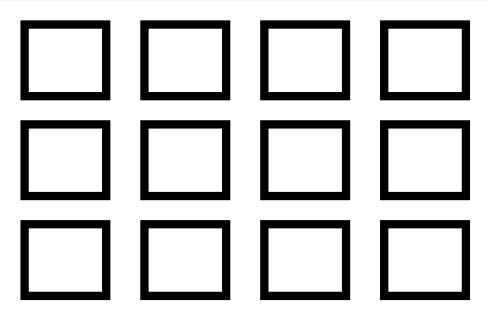"How does one start his first online course if he is a doctor": tells Stanislav Kravchuk, a creator of the Healthy Communication course

In a perfect world, a doctor should be both a high-class specialist and a good communicator — who could report a disappointing diagnosis sympathetically but directly, and who would not react to aggressive patients, but understand their pain.
While taking an internship at one of the hospitals in the Kyiv Oblast, Stanislav Kravchuk noted that Ukrainian doctors do not always know how to properly communicate with their patients. And he decided to try to change this by creating the free online courses Healthy Communication. The House of Europe supported Stanislav’s idea, and the video course can be watched on Prometheus.
Stanislav told us about what you need to know about creating the course and why you should watch it.

The next step was to find speakers. I used to work in the social sector, so I had a lot of acquaintances there. For example, speaker Artem Kliuchnykov and I launched a leadership school for doctors. He had taught leadership at a university in America. We also invited Daryna Dmytriievska, a family doctor and co-founder of the Medical Leaders NGO, who supports LGBT individuals. Medical lawyer Oksana Kashyntseva even prepared a programme unit on legal relations in the medical field. World-renowned neurosurgeon Henry Marsh gave a lecture on death and dying in the context of medicine. His son was diagnosed with a brain tumor, and then Henry Marsh worked all his life with death. He has cancer now, too. He speaks of death and dying from the standpoint of the doctor, the patient, and the relatives of the patient.
About different generations of patients and why one can be held liable for blood transfusions
Our course consists of three units that can be completed in two or three weeks. The first unit is a basis on the moral principles of communication between the doctor and the patient, and types of patients. There is a theory of generations that distinguishes baby boomers and generations X, Y, and Z. The approach, respectively, will be different. For example, face-to-face visits and the opportunity to talk to a doctor about problems are important for the elderly. For millennials, it is better to just get a message on the phone, they value their time.
The second unit is devoted to interaction with specific groups of patients. It is about the announcement of bad news and disappointing diagnoses or reports of death. Some Ukrainian doctors can just call a relative of the patient and say something like “Your father died” and then hang up, which is unacceptable.
In addition, in the second unit, we analyze communication with toxic patients who turn the interaction into a drama: manipulating or generating negative emotions. This is due to some motives, but usually due to grief.
The third unit is about legal interaction in the medical environment. There are many nuances associated with medical secrecy, as well as many complex situations. For example, a patient is a Jehovah’s witness and has heavy bleeding. She needs a blood transfusion. But Jehovah’s witnesses are against this procedure. Accordingly, the woman has signed a document refusing such an intervention. However, you understand that if you do not give a blood transfusion to her, she will die. So, what to do? What does the law say? In this case, the court considers that the blood can not be transfused. The doctor has to know the legal nuances and what documents to sign before the various procedures.
My dream is healthy communication between doctors and patients. So, I would like as many doctors, interns, and students as possible to watch this course. I think it can save the nerves of many people.


Tips for those who create an online course for the first time
Creating the course, communicating with lecturers, and organising the filming did not take me much time, but I gained valuable and interesting experience. What you should not forget:
The budget is an important document. It takes a long time to work on it: searching for prices of services, offering to contractors to write down commercial offers, and only then making up an estimate, which will be submitted to the grantor.

Be sure to proofread the documents. Even if they have already been read by a lawyer. Discuss controversial issues with your team, as well as ask the grantors everything you do not understand.
Look for alternate contractors. Initially, the course was to be created by one online platform, we asked it to calculate the budget from the beginning. However, when we received the grant, the contractors said they would not be able to make the product for such money. It was an anxious period because I did not know what to do. We were lucky that Prometheus did us a favour.
Stanislav financed the course Healthy Communication through Individual Project Grant. If you have an idea of a project yet lack funding, knowledge, or network — check out our opportunities catalogue to find a suiting open call.
Text: Oksana Semenik



